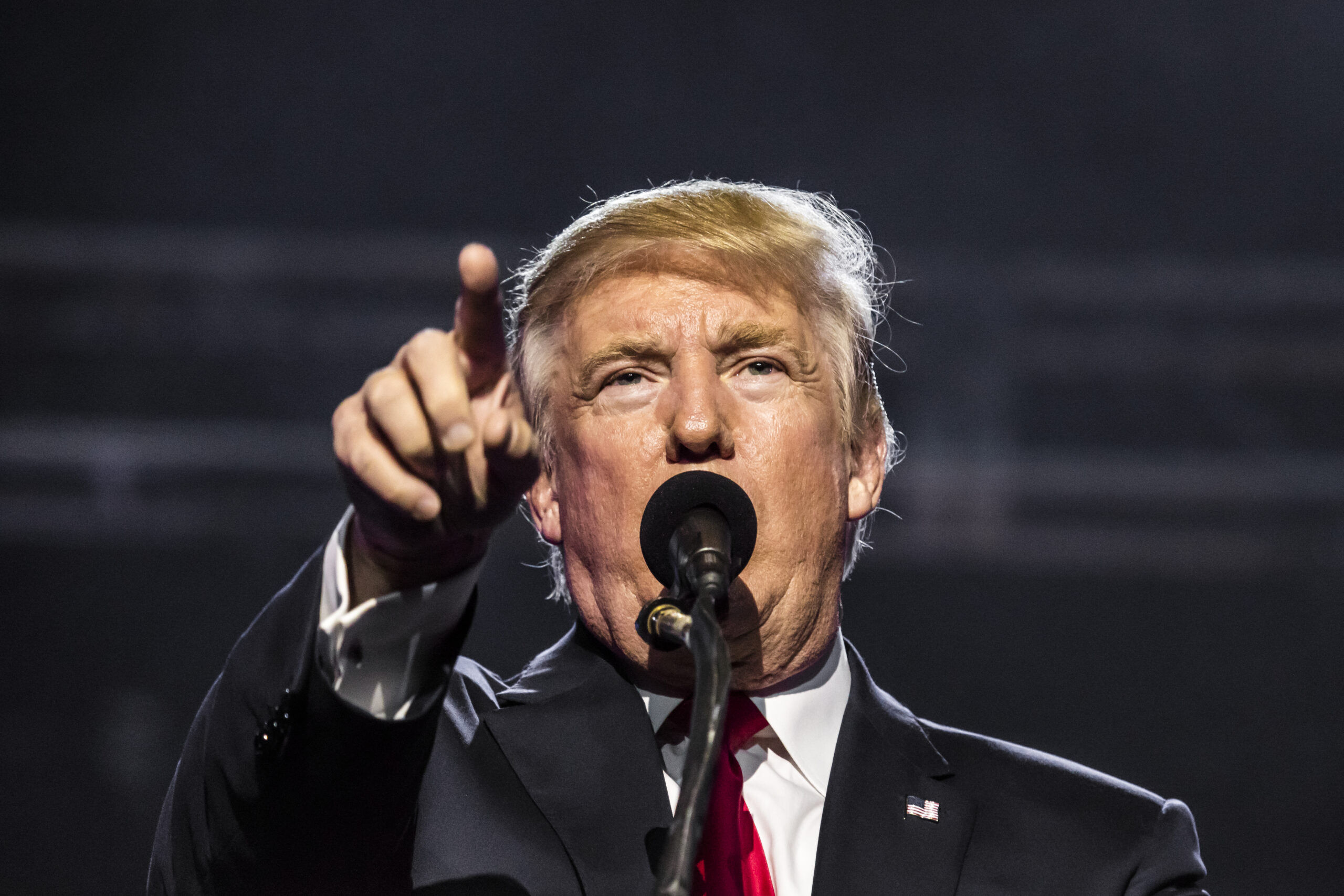President Donald Trump has pardoned the co-founders of BitMEX for breaking the Bank Secrecy Act. In October 2020, they pleaded guilty to failing to adequately prevent money laundering on their crypto exchange platform.
BitMEX: Founding and Regulatory Issues
BitMEX is a major cryptocurrency exchange formed by Arthur Hayes, Ben Delo, and Samuel Reed in 2014. The exchange allows traders to bet on cryptocurrency prices as the platform has processed major transactions throughout the years.
The co-founders were accused of breaking the Bank Secrecy Act because they lacked sufficient anti-money laundering safeguards. They pleaded guilty, and BitMEX faced a $100 million penalty for these offenses, which shows how serious regulatory monitoring is in the crypto world.
However, President Trump took a step by pardoning the BitMEX co-founders and clearing their federal convictions, which caught attention across the financial industry. CNBC discreetly disclosed this action, causing many to speculate about the ramifications.
The founders expressed thanks, stating that the pardon reinforces their belief in antiquated laws. This decision shows Trump’s position on crypto regulation, raising curiosity about how it may affect future regulatory measures and the crypto space.
Regulatory Landscape and Its Implications
The pardon shows Trump’s positive attitude towards crypto regulation. The crypto space faces strict anti-money laundering and know-your-customer rules, as seen in BitMEX’s $100 million penalties for breaking these laws. This regulatory framework is important for credibility and success in the industry.
This pardon might influence future regulatory measures, potentially influencing how exchanges function. It underlines the need for compliance as regulatory agencies exert authority over overseas firms like BitMEX. This trend is anticipated to alter the crypto environment, driving exchanges to fortify their compliance systems to avoid similar fines.
Reactions to the pardon are diverse, with some praising it as a genuine correction and others voicing alarm about regulatory laxity. Industry leaders are divided, reflecting broader ambiguities about enforcement consistency.
READ MORE: AVAX Down 86% From ATH Despite Grayscale ETF Filing






